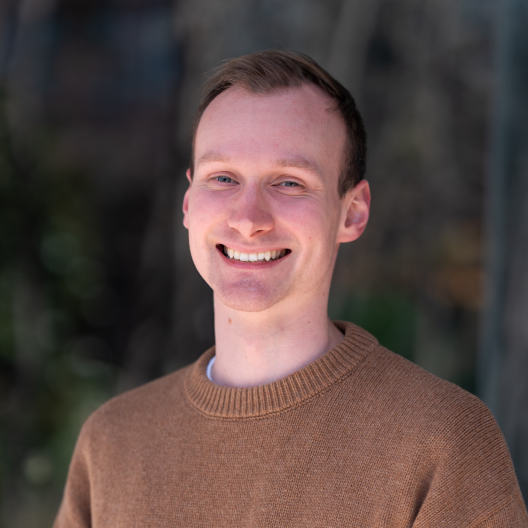Literature of the German Youth Movement. Poetology, Ideology and Intertextuality of Texts from the “Bündische Jugend” in the Early Years of the Federal Republic of Germany

Today, if it is known at all, the German Youth Movement is often regarded as a curious relic of the interwar period, with little relevance to literary history. Elements such as the 'Wandervogel', the reworking of folk songs, and the movement’s often sentimental and romanticized reverence for nature are relatively well known. However, a closer examination reveals a far more complex and ambivalent picture—marked by tensions between modernity and pre-modernity, anti-intellectualism and avant-garde experimentation, the conservative revolution and belief in progress.
Precisely because of these contradictions, the writings of the 'Wandervögel' and their contemporaries offer a fresh perspective on German literature, extending well into the 1950s and 60s. At the 1958 World’s Fair, for example, three books by 'Wandervogel' member and prominent youth movement figure Werner Helwig were included in the so-called “Library of a Spiritually Interested German”—a curated bibliography intended to demonstrate Germany’s intellectual reintegration into the global community. The inclusion of Helwig’s work, thus valorized, reflects its remarkable synthesis of avant-garde influences, classical references, and echoes of Expressionism.
Moreover, the cultural legacy of the Bündische Jugend and the broader Youth Movement continued to resonate into the postwar period—most notably through the hitchhiking culture of the 1950s, which embraced pan-European ideals, and later through the German singer-songwriter (Liedermacher) scene. Artists such as Hannes Wader, Franz Josef Degenhardt, and Reinhard Mey first gained prominence at a 'Wandervogel' festival in 1964, underscoring the continued influence of youth movement culture.
In short, the German youth movement provides a vital key to understanding youth cultures in Germany—not only in the early 20th century, but also through to the 1968 movement.
This project offers the first foundational study of the literature of the youth movement from a production-aesthetic perspective. It focuses on authors who have so far received little or no scholarly attention, and is grounded in extensive archival research. In doing so, it provides both new source material and fresh impetus for research into the cultural history of the early Federal Republic.
Supervisor: Prof. Dr. Moritz Baßler

